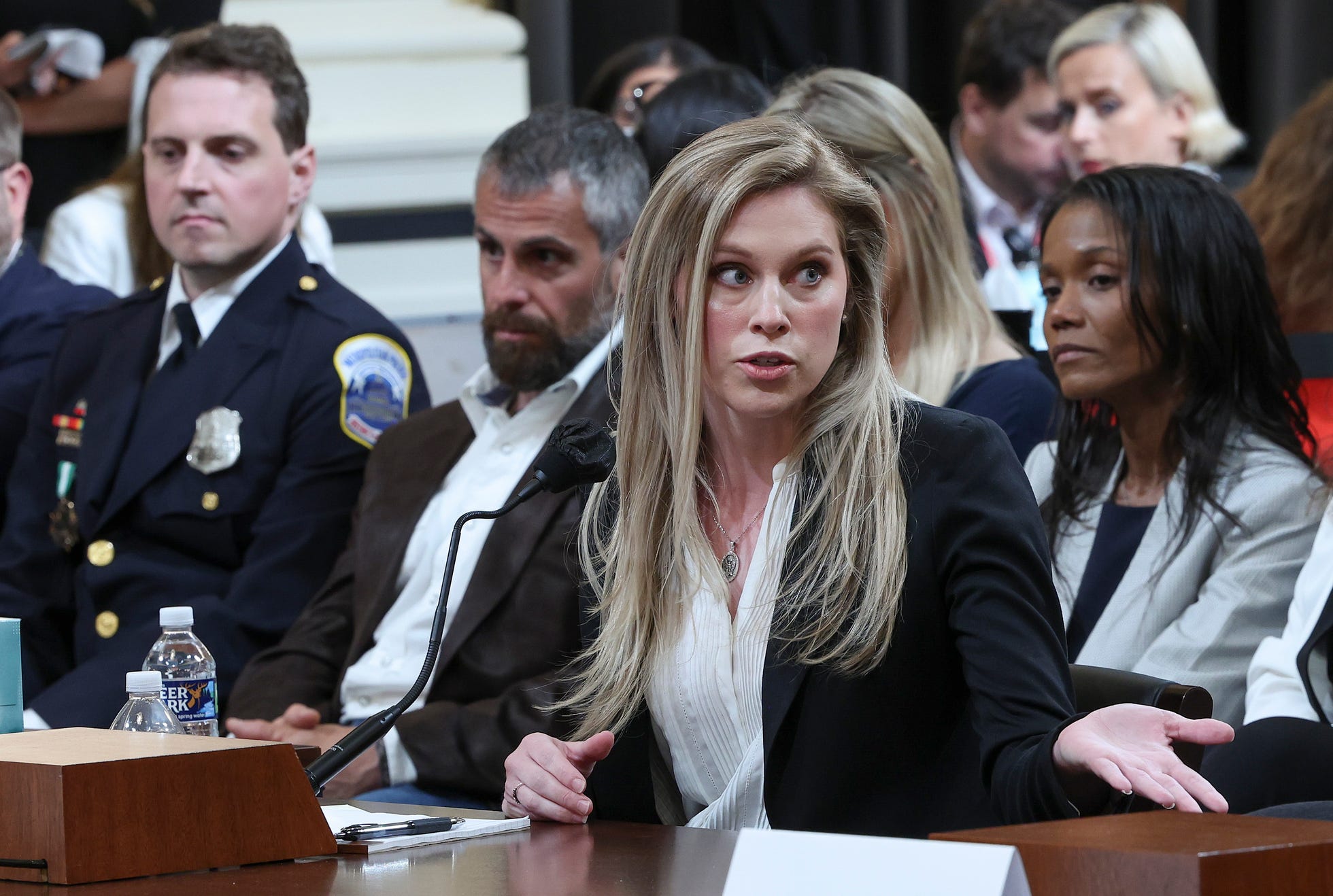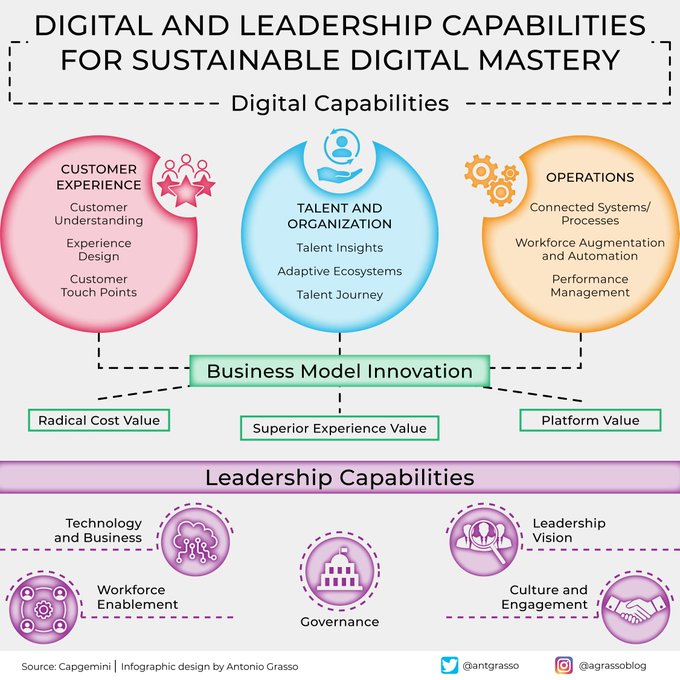
The events of January 6, 2021, forever etched in American history, continue to shape the nation’s political landscape and test its institutions. As time has passed, new perspectives, revelations, and ongoing investigations have brought forth a complex and evolving understanding of the attack on the U.S. Capitol. This article aims to uncover the evident and unobvious changes that have characterized the evolving discourse surrounding January 6th, examining the complexities and implications of this transformative event.
The January 6th attack has exacerbated the existing partisan divide in American politics. Republicans and Democrats have adopted contrasting narratives, with the former largely downplaying the severity of the event and the latter viewing it as a grave threat to democracy. This polarization has led to a breakdown in civil discourse and hindered efforts to reach a bipartisan consensus on addressing the underlying causes of the attack.
The aftermath of January 6th has witnessed a significant legal reckoning. Over 800 individuals have been charged with various crimes, with several convicted and sentenced. The House Select Committee’s ongoing investigation has also uncovered evidence of potential criminal wrongdoing by former President Donald Trump and his allies. These legal proceedings have raised questions about accountability, the rule of law, and the separation of powers.
The events of January 6th have raised alarm bells about the growing threat of domestic terrorism in the United States. Extremist groups and individuals motivated by ideologies such as white supremacy and anti-government sentiment have become more visible and active. Law enforcement agencies have stepped up efforts to monitor and prevent potential threats, but concerns remain about the long-term consequences of this trend.
Public opinion about the January 6th attack has undergone subtle but significant changes. Initially, there was widespread condemnation across the political spectrum. However, as the partisan divide has widened, some polls have indicated a decrease in the perceived severity of the event among certain Republican voters. This shift in public sentiment underscores the challenges in maintaining a shared understanding of history and its implications.
The House of Representatives created the Select Committee on the January 6 Attack to investigate the events leading up to and on that day. The committee’s work has produced a wealth of information and recommendations for strengthening Capitol security and preventing future incidents. However, efforts to reform institutions like the electoral college and the Electoral Count Act have faced partisan resistance.
Analysts have drawn parallels between January 6th and other historical events such as the Reichstag fire in Germany (1933) and the Beer Hall Putsch (1923), which foreshadowed the rise of Nazism. These comparisons highlight the potential long-term consequences of failing to confront and address the underlying causes of political violence. They also serve as a reminder of the importance of safeguarding democratic institutions.
The events of January 6th have undergone a transformative journey, both in terms of their evident and unobvious effects. The attack has deepened political polarization, prompted legal consequences, and heightened concerns about domestic terrorism. However, it has also led to shifting public perceptions, institutional reforms, and historical parallels that raise questions about the future of American democracy.
As the nation grapples with the complexities of January 6th, it is imperative to engage in honest and open dialogue, seek common ground, and strengthen the foundations of democracy. Only by confronting the challenges and embracing the lessons learned can the United States ensure that the events of that fateful day are not repeated.




